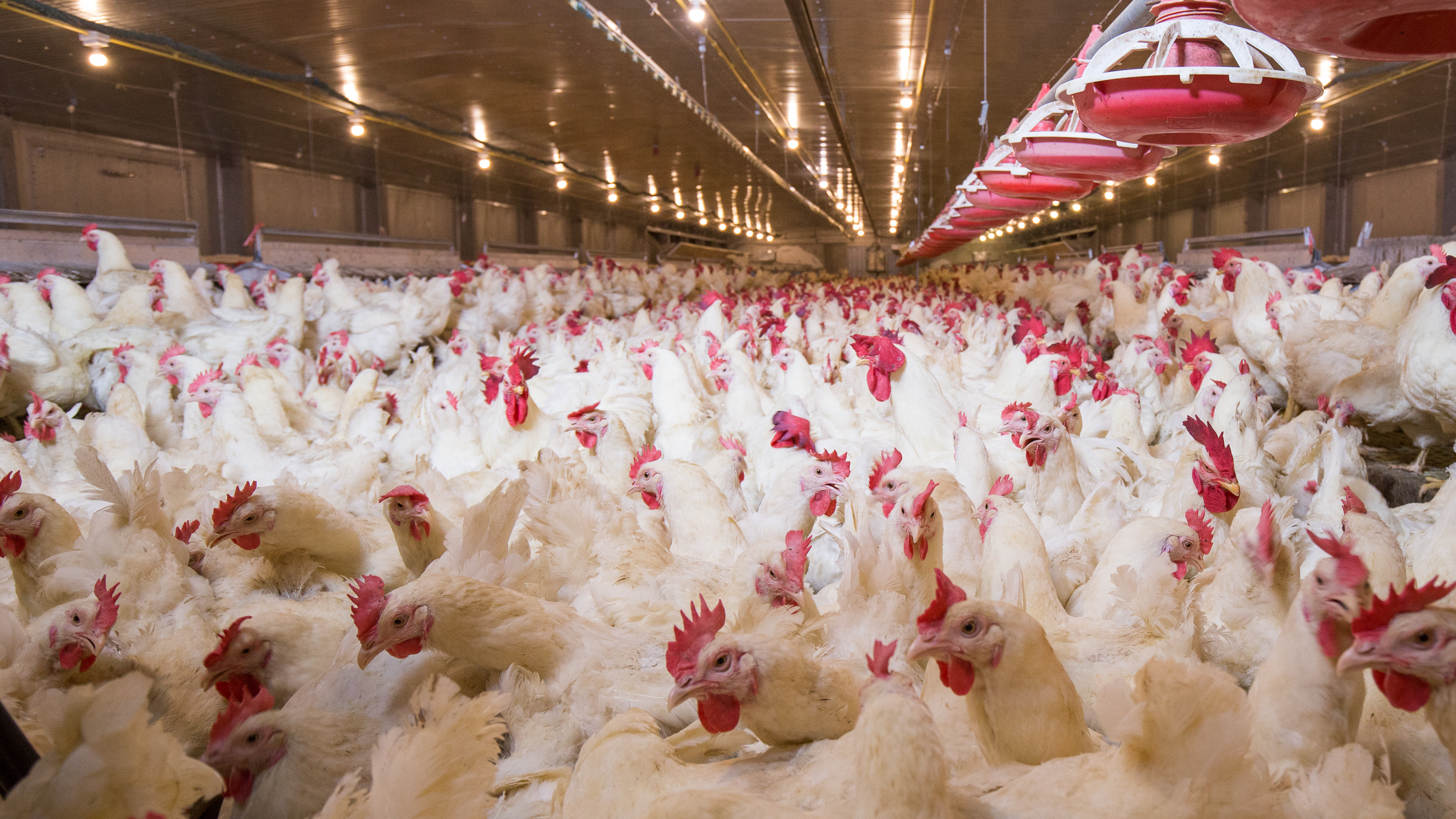



Weekly poultry digest: USDA hints that major changes are coming to the ag sector
USDA Secretary Tom Vilsack is putting the agency on a more active footing to address long-term and recurring challenges in the livestock and poultry industries.USDA Secretary suggests US livestock industry to see changes coming
It was clear listening to USDA Secretary Tom Vilsack, in testimony to Congress this week, that big changes are coming to the livestock sector, notably for meat processors and livestock pricing.

Vilsack emphasized USDA plans to bolster small-, medium-sized meat and poultry processors and to expand overall processing capacity. He suggested farmers are being unfairly hurt by the patent protection that their suppliers enjoy, implying that was discouraging competition in the seed business. Vilsack thinks input costs are one reason many farmers can't support themselves on farm income, but patent protection was also contributing to the problem.
“We've got to do more for our cattlemen, the concentration in the processing end is too high. We need more pricing transparency, more competition,” stressed subcommittee Ranking Member John Hoeven (R-North Dakota).
Vilsack signaled he agreed with those sentiments and pointed to USDA’s plans to revisit rulemaking around the Packers and Stockyards Act (PS&A) as one response the department is taking.
“The spring regulatory agenda did indicate our desire to strengthen Packers and Stockyards to begin that process to draw bright lines and clear lines in terms of what is appropriate and what is not,” Vilsack pointed out. USDA was looking at offering low-interest loans for new processing facilities, the secretary added.
In terms of price discovery, Vilsack said USDA efforts to bolster meat processing capacity should have positive knock-on effects. “One way of getting price discovery is by having more processing capacity and more processing facilities getting more data and information,” he explained.
“I think you will see over the course of the summer that we have a pretty unique approach to this that I think will result in significant expansion of processing.” One key to those plans, said Vilsack, is leveraging federal, state, and private industry resources in partnership to lay the foundation for a meat processing expansion.
Senator John Tester (D-Montana) said one issue facing livestock markets, like the broader ag sector, is rising consolidation in the industry. Tester asked Vilsack to weigh in on bipartisan legislation he introduced with Senator Chuck Grassley (R-Iowa), the Meat Packing Special Investigator Act, that would create an “Office of the Special Investigator for Competition Matters” within the USDA’s Packers and Stockyards Division, with subpoena power to investigate issues around market competition.
“I think it is a good proposal, I think it is part of what needs to be done,” Vilsack responded. “Clearly [regarding the PS&A], the lines need to be very specifically strengthened and drawn so that it's clear what is an undue preference, it’s clear what is unfair practices, it’s clear what the scope of work ought to be, and it’s clear what competition standard we have to reach.”

Tester and Senator Jerry Moran (R-Kan.) asked Vilsack about implementation of provisions providing $60 million in funds to help small- and medium-sized meat facilities meet federal inspection requirements — a prerequisite for interstate sales.
Vilsack said the department intends to announce plans to implement the program soon. He said the department would be making announcements about funding for two small programs authorized to help small-scale processors. One would help processors qualify for federal inspection, which would enable them to sell across state lines and into export markets. Another would reduce the overtime fees that small processors must pay for federal inspection services.
Tester and Moran also emphasized the need to allow more state-inspected meat and poultry facilities sell products across state lines — including via USDA’s existing Cooperative Interstate Shipment (CIS) program. Vilsack said “the challenge is basically getting them to make sure that they have the equivalency in terms of inspection. And the reason this is important is because we don't want to basically create chaos in the export market.” Without such equivalency “we may have difficulty selling our beef and so forth, overseas,” he explained.
Meanwhile, Moran asked Vilsack about implementation of other relief provisions to lower federal meat inspector costs for small- and medium-sized meat processors. Vilsack said an announcement should come soon on that front as well, adding that he would like to expand the program further. “Our budget contains another $44 million that would allow that program to be expanded not just for year two, but for maybe up to five years of opportunity for those small and midsize producers,” Vilsack remarked.
Tester also raised the recent JBS cyberattack that took scores of the company’s meat processing facilities offline. “Can you just give us an idea of what you're doing around that with the Department of Justice [DOJ], or [otherwise]?” he asked Vilsack.
“The first order of business, I think, is to make sure that everyone in the food industry and food business understands the steps that they need to take to harden their systems,” Vilsack responded. He added that USDA intends to “convene food groups to make sure they understand and appreciate precisely what is required.” Regarding DOJ, he said USDA will be “more than happy to cooperate with any legal investigation.”









